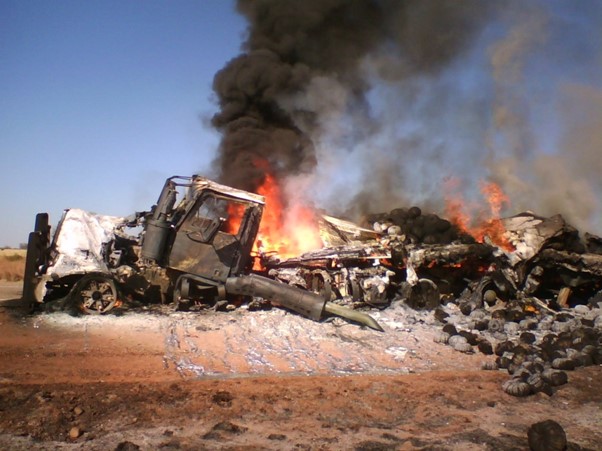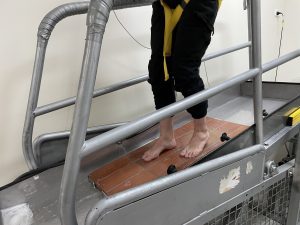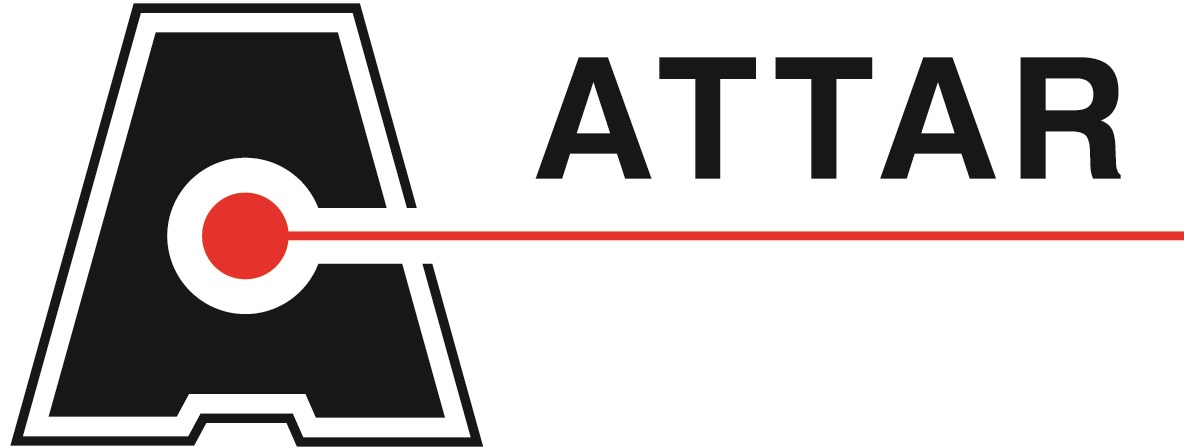The Most Common Causes of Fires on Heavy Vehicles
Heavy vehicles like trucks, trailers and busses are important company assets and represent a great loss if fire incidents occur. Loss of a vehicle is also traumatic for the driver. For this reason, operators should be aware of the most common causes of fire incidents to prevent them from occurring.
The most common causes of truck fires are:
- Arcs on the starter motor (or battery cables), mainly due to poor electrical installation and poor design practices with alternator cables, or positive feed wire into the cabin.
- Fuel line rubs or failures that result in leaks/sprays of fuel onto the exhaust.
- Lubrication/hydraulic oil line failures near to the exhaust. It’s crucial to understand that hydrocarbon liquids can only be ignited by exhaust pipe or turbocharger temperatures as the block temperature is simply not enough.
- Turbo charger failures cause excessive temperatures in the air intake. The centre bearing and the turbo charger, usually oil, fail, causing a fire to start and spread towards the boost side, where the fire burns through the boost-side tubes or elbows.
- Flammable material, which is often vegetation, resting against the turbo charger or the exhaust pipe.
- Tires catching fire because they are flat or poorly inflated, or they are rubbing on hard surfaces. Note that tires can catch fire after the vehicle stops.
- Electrical failures from hot terminals on heavily loaded circuits, causing insulation to burn.
- Aftermarket fuse holder problems and failure of minor electrical components.

On the other hand, trailers have fewer causes of fires as they don’t have an engine or strong electrical system. The common causes are:
- Wheel bearing failures resulting in bearing grease catching fires. If a drum brake becomes red hot, a fire at the tire rim, which is close by, might result. Wheel bearing failures also occur on trucks, but less commonly.
- Dragging brakes due to damage to the pneumatic spring brake system. If you can’t hold the springs off, then you’ll get a dragging brake.
- Tires catching fire because they are underinflated or rubbing on a hard mudguard surface.
- Friction rubs on mezzanine support brackets generating hot rubbings that accumulate on freight containers.
- Fires resulting from electrical faults on trailer electrical circuits are very rare.
In December’s article, we will provide you with some guidelines on how to minimise the risk of heavy vehicles fire.
If you have questions regarding fires on heavy vehicles or need an assessment of your assets, you can email us at pmhart@hartwood.com.au or call 0438339413.

Inclining Platform Testing Methods
Inclining Platform Testing Methods Wet Barefoot or Oil-Wet Tests? Inclining platform testing methods, as detailed in the Australian Standards for Slip Resistance (AS 4586), can

Spontaneous Failures of Toughened Glass
Spontaneous Failures of Toughened Glass ATTAR has been asked to investigate an increasing number of spontaneous failures associated with toughened glass panels, or “lites”. Toughened
